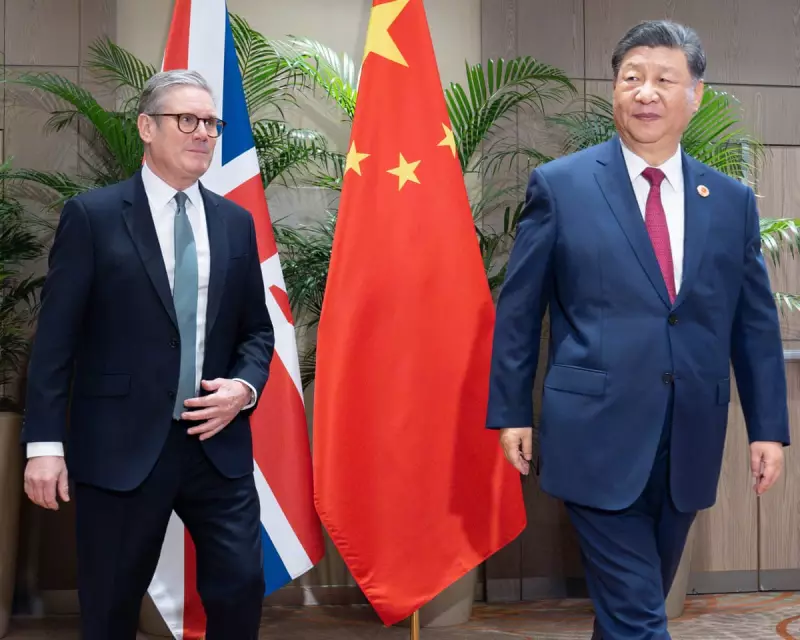
The unfolding Chinese espionage trial in Britain represents far more than a legal proceeding—it's a defining moment for Keir Starmer's Labour government. As details emerge about alleged covert operations on British soil, the new administration faces its first major test in handling the complex threat from Beijing.
A Diplomatic Tightrope
This case places the Labour government in an exceptionally delicate position. On one hand, there's an undeniable need to protect national security and demonstrate firmness against foreign interference. On the other, the government must navigate the economic realities of engaging with the world's second-largest economy.
The timing couldn't be more significant. With fresh leadership in Downing Street, Beijing will be watching closely to gauge Britain's future approach to China relations. How Labour handles this case will send powerful signals about where the UK stands on the geopolitical chessboard.
Learning from Past Mistakes
Previous governments have faced criticism for being slow to recognise the full spectrum of threats posed by Beijing. From intellectual property theft to political influence operations, the challenge extends beyond traditional espionage.
The Labour administration now has an opportunity to prove it's learned these lessons. A robust, transparent approach to this trial could demonstrate that Britain has moved beyond the era of naive engagement with authoritarian regimes.
The Balancing Act
Experts suggest the government must walk a careful line:
- Legal rigour: Ensuring due process while protecting sensitive intelligence
- Diplomatic nuance: Distinguishing between the Chinese state and British-Chinese communities
- Economic pragmatism: Managing necessary economic ties without compromising security
- International cooperation: Working with allies who face similar challenges
A Watershed Moment
This trial comes at a pivotal moment in UK-China relations. With global tensions rising and authoritarian states becoming increasingly assertive, Britain's response will be closely scrutinised by allies and adversaries alike.
The Labour government's handling of this case could define its foreign policy credentials for years to come. It's not just about securing convictions—it's about demonstrating strategic clarity in an increasingly dangerous world.
As the legal proceedings continue, all eyes will be on how Starmer's team navigates this complex challenge. The outcome will reveal much about Britain's position in the new global order and Labour's readiness to confront twenty-first-century threats.





